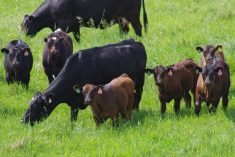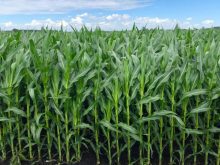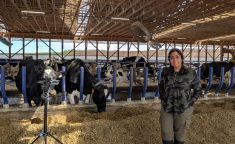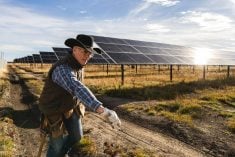B.C.’s carbon tax didn’t make its farmers less competitive, says a carbon tax expert.
Brandon Schaufele studied its effect on agricultural trade for 12 different commodities and found the competitiveness of B.C. products wasn’t reduced.
“There was very little evidence that the carbon taxes impacted trade at all,” said the assistant professor at the Ivey Business School.
- Read more: Farmers fear big price hit from carbon tax
Read Also
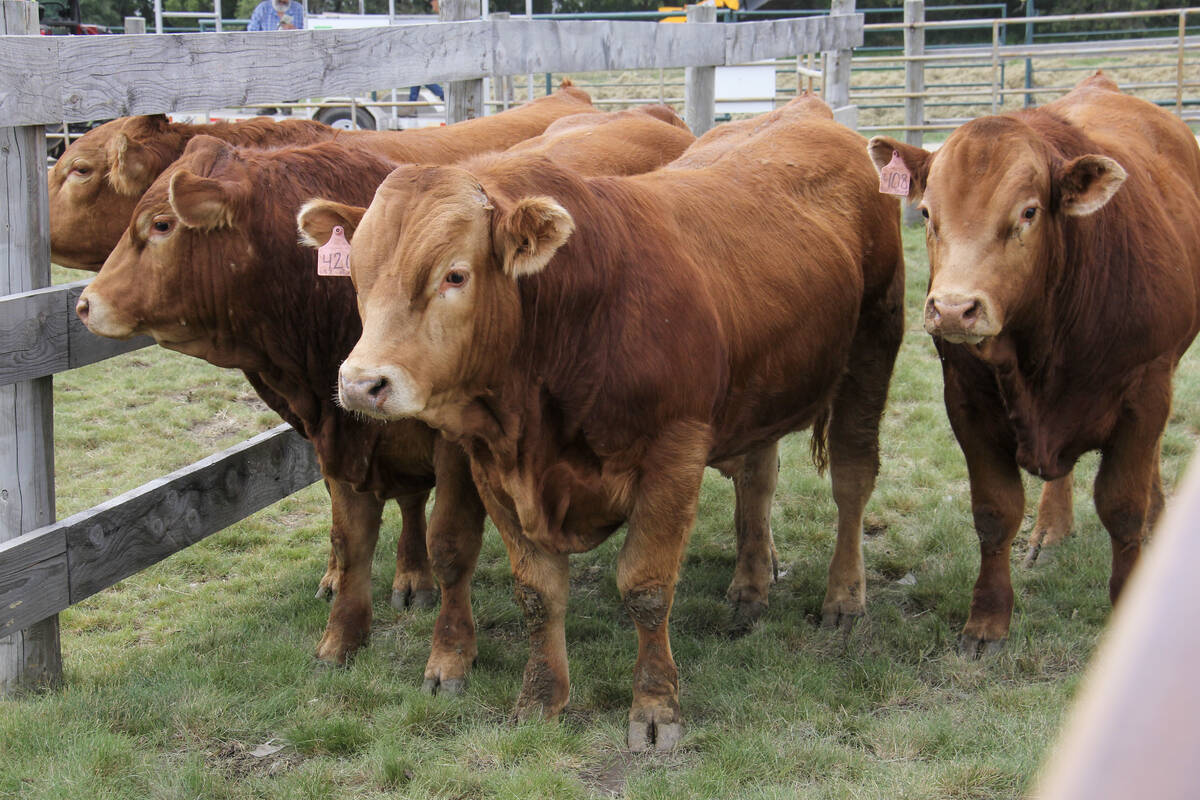
Saskatchewan Cattle Association demands halt to traceability amendments
SCA demands stop to traceability amendments and immediate CFIA reform, citing lost trust and need to move oversight to agriculture.
But his study didn’t look at the effect on farm profitability.
There was some impact when the tax (initially $10 a tonne and now $30) was implemented in 2008 because farm fuel wasn’t initially exempt. (The current tax adds 6.67, 7.67 and 4.62 cents a litre on gasoline, diesel, and propane, respectively.) An exemption for farm fuel was granted in 2014 “in response to a lot of distress from the agricultural sector.”
Many B.C. farmers also feared there would be ‘carbon leakage’ — that other countries with more relaxed emissions policies would gain a trade advantage and, as a result, increase production, offsetting any gains made to emissions in countries with a carbon tax.
“What we found is no, probably not,” said Schaufele. “That doesn’t seem to be the case.”
Overall, the initial fears were “overstated.”
“It actually wasn’t that big of a deal — they were able to adapt and managed to roll with the punches,” he said. “There was a lot of fear initially, but once they came face to face with the carbon tax, farmers were able to adapt and they successfully altered their practices to adjust to it.”
However, he added, “the structure of British Columbia’s agriculture industry is very different from the structure of Alberta’s agricultural sector.”





